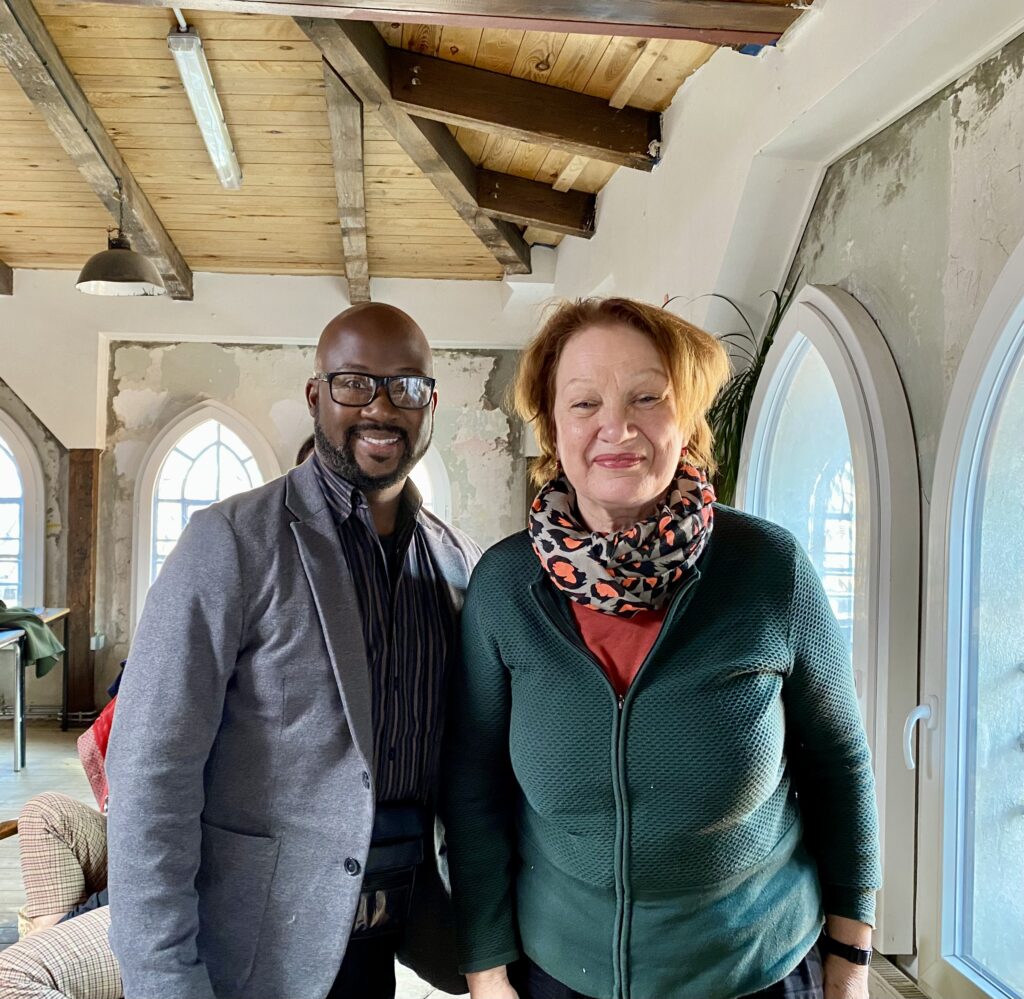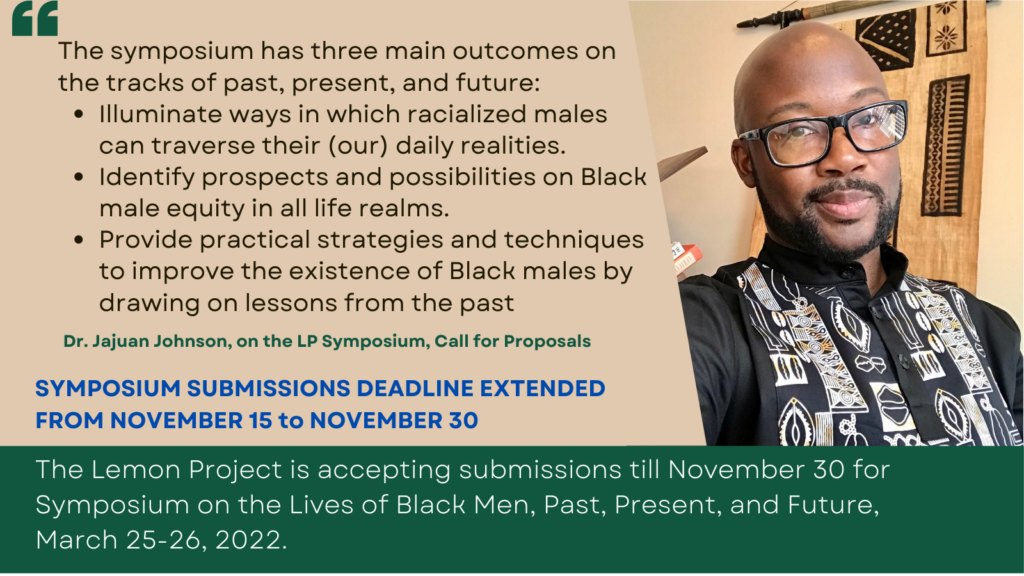by Olivia Blackshire, an Independent Study student with Dr. Jody Allen
When I started an independent study with Dr. Allen, I was not quite sure what to expect. I was familiar with research papers and searching databases; however, being on assignment for the serious inquiries of a family was a big deal. For the next 15 weeks, I spent time ̶ at the request of Ms. Wilhelmina White ̶ researching the life and times of the Wales family, specifically L.W. Wales, Jr. Both Rev. Wales, Sr., and Rev. Wales, Jr., were activists and leaders in this community, and surrounding their lives was an eagerness to know how they impacted the world around them. Filled with excitement and a responsibility to piece together the family’s story in Williamsburg, I began my research.
I found the story of Rev. Wales, Jr., by first reading about the man who set the foundation for his life, his father. L.W. Wales, Sr. (1860 – 1927) was not only a pastor at Mt. Ararat Baptist Church for 42 years, but was also a pillar of the community. As principal of Williamsburg Public School Number Two and a teacher in various counties, he was active in the educational realm and perhaps planted the seed for Bruton Heights School, an all-Black high school, since he talked about that and about plans for funding in his Brief Autobiographical Sketch.[1] He also published a leaflet called The Peninsula Churchman, which detailed his church work and school-building efforts. He rubbed elbows with lots of people, including Benjamin S. Ewell, a former Confederate general and former president of William & Mary.[2] Furthermore, L.W. Wales, Sr. was financially well off; tax records showed that he was one of the highest earners in his area[3], and he “succeeded in buying a considerable amount of real estate, holding and owning some in almost every section of the city of Williamsburg and some in Newport News.”[4]

Considering such a track record, L. W. Wales, Jr., (1895-19654) had big shoes to fill. Although his legacy was not like his father’s, he made an impact. Picking up the mantle as pastor after his father’s death in 1927, Rev. Wales, Jr. worked for Mt. Ararat for 36 years, doing much for the relocation and beautification of the church during his tenure.[5] According to the 1982 Mt. Ararat Baptist Church Centennial Anniversary Souvenir, Rev. Wales Jr., worked within schools alongside his wife, Evelyn Wales. A report by historian Linda H. Rowe describes him as an advocate for the construction of James City Training School, a predecessor of Bruton Heights School.[6] He too even made his mark in real estate, having enough property to create the Wales subdivision housing for low- and moderate-income families in the 1940s.[7]
There were a lot of memorable moments from this search. Anytime I’d find new information, especially an image, I always felt like I was discovering more pieces to the puzzle. I’m also grateful for the people I met along the way, like Sidney (a graduate student working with the Lemon Project), Earl T. Granger III (Colonial Williamsburg’s Chief Developmental Officer), and Clifford B. Fleet III (Colonial Williamsburg President and CEO) during a trip to the John D. Rockefeller Jr. Library.
Two significant thoughts come to mind as I reflect on my studies with Dr. Allen. For one, history is a form of detective work. Sometimes the whole thing feels like you’re trying to crack a cold case. You’re digging through information that’s been mistreated (physically in the archive or historically through erasure), and the clues you need are not always readily available. Interpreting or making connections with limited time or facts is a tall order. Yet those who take on the challenge may be the only ones preventing someone’s story from fading into obscurity.
I also found that if one works in this field, one must be flexible to change; sometimes the search doesn’t end the way you expect, and that’s okay. Although I didn’t find or get through as much as I wanted, I still managed to learn about the church’s history and the Wales’ place in it and the surrounding communities. You may not find what you’re looking for, but the process you take to get there, and the things you find along the way, are just as rewarding. Those quotes about the journey being better than the destination may have some merit after all.
[1] Herbert and Doris Crump Rainey Papers, 1945-2013, Special Collections Research Center, Swem Library, William and Mary.
[2] Brief Autobiographical Sketch of the Life and Labors of Rev. L. W. Wales, D.D (1910) from Herbert and Doris Crump Rainey Papers, 1945-2013, Special Collections Research Center, Swem Library, William and Mary.
[3] James City County and Williamsburg City Personal Property Books, Special Collections Research Center, Swem Library, College of William and Mary.
[4] Brief Autobiographical Sketch of the Life and Labors of Rev. L. W. Wales, D.D (1910) from Herbert and Doris Crump Rainey Papers, 1945-2013, Special Collections Research Center, Swem Library, William and Mary.
[5] Herbert and Doris Crump Rainey Papers, 1945-2013, Special Collections Research Center, Swem Library, William and Mary.
[6] “A History of Black Education and Bruton Heights School, Williamsburg, Virginia” by Linda Rowe (1997). https://research.colonialwilliamsburg.org/DigitalLibrary/view/index.cfm?doc=ResearchReports%5CRR0373.xml&highlight=negro
[7] Williamsburg Reunion Booklet (2012) from Herbert and Doris Crump Rainey Papers, 1945-2013, Special Collections Research Center, Swem Library, William and Mary.
Comments closed





